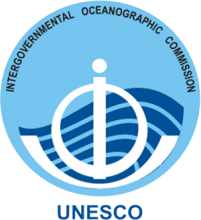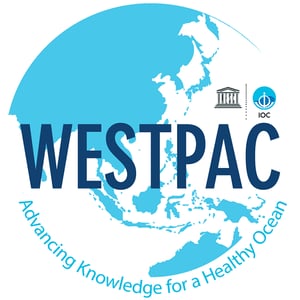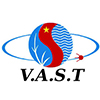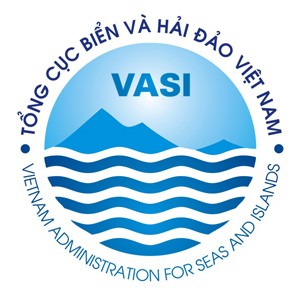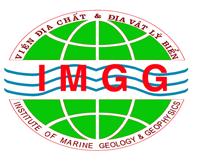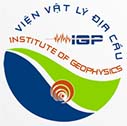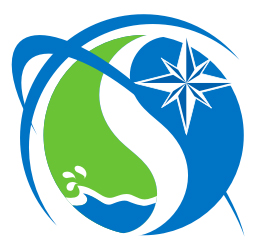The Western Pacific region has the world’s highest concentration of coastal marine biodiversity and endemism. However, many species still remain unidentified in the region. Taxonomy provides basic understanding about the components of biodiversity which is necessary for effective decision-making about conservation and sustainable use, and ecosystem response to environmental change such as ocean acidification and climate change.
Given the above, WESTPAC has sought the approval of the Government of Republic of Korea on its submitted project proposal entitled “Enhance the Capacity for Species Identification and Genetic Analysis on Marine Organisms in the Coral Reef Ecosystems in the Western Pacific (DRMREEF).” The DRMREEF project aims to assist countries in the region building their regional capacities for species identification with the introduction of genetic method “DNA Barcoding”, and eventually make an inventory, as precisely as possible, of the marine organisms living in the Coral Triangle and neighboring coral reefs, alongside other traditional taxonomic tools and alternative forms of molecular systematics.
The project has completed its first phase during March 2013- December 2014. In view of the satisfactory implementation on the first phase of this project, Republic of Korea, through its Korea Institute of Ocean Science and Technology Institute (KIOST), approved the WESTPAC submitted proposal for the 2nd phase of this project which was implemented over the period of June 2016- January 2018.
Therefore, the DRMREEF-II wrap-up workshop aims to review the implementation status of this project at its second phase, identify challenges and constraints, and further come up with a new proposal for its third phase (January 2019 – December 2020).
Sourse: WESTPAC



